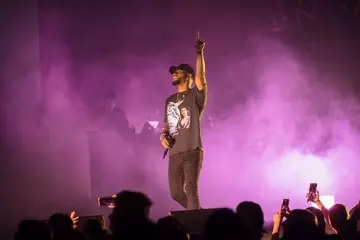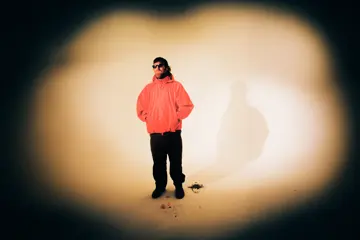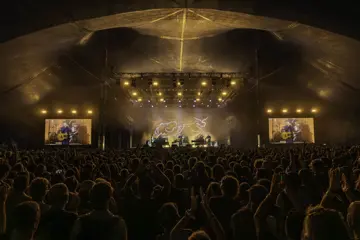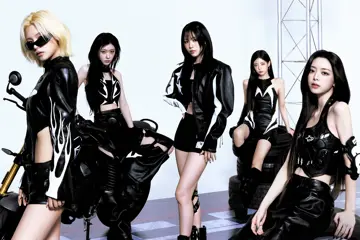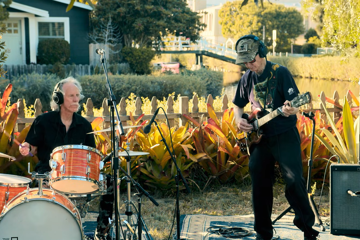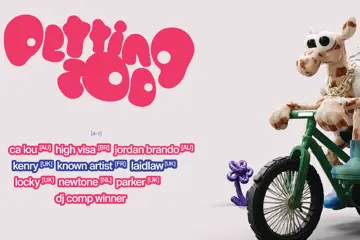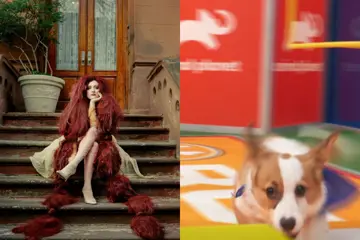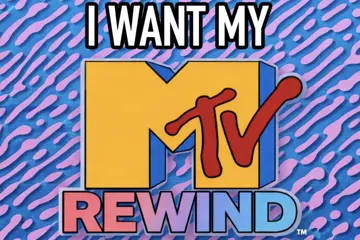"I think it’s quite appropriate,” singer, songwriter and musician Ross Wilson suggests of the induction of his most famous band from the early 1970s, Daddy Cool, into the Age Music Victoria Hall of Fame, “with Daddy Cool it all did start here in Melbourne. I don’t think we would have had the chance to do what we did so quickly if it hadn’t been for the particular scene that was happening around Melbourne at that time.”
No stranger to awards or inductions into halls of fame, Daddy Cool – Wilson, guitarist Ross Hannaford, bass player Wayne Duncan and drummer Gary Young – managed to achieve several firsts that paved the way for those that followed, not least legions of Victorian bands. Barely a year after forming in 1970, the band had a #1 single in Eagle Rock, a #1 debut album in Daddy Who? Daddy Cool!, and were on their way to the US on the first of three tours opening for acts as diverse as Deep Purple, Earth Wind & Fire and the pre-trans-Atlantic Fleetwood Mac, as well as making inroads into the US college circuit. Eagle Rock sat at #1 for ten weeks nationally and 17 weeks in the Melbourne charts, selling more than 60,000 copies, while the album, which prompted queues outside record stores that wound around the block, sold more than 100,000 copies, the biggest selling Australian album to that date, July 1971. For Wilson, the explanation is simple: “We sort of came along in a scene where it was all a bit indulgent at that time and we just stripped it back to short sharp songs, jumpin’ around, so the audience picked up on that and started doin’ it too!”
"We sort of came along in a scene where it was all a bit indulgent at that time."
The second album, Sex, Dope, Rock’n’Roll – Teenage Heaven, was released just six months after the debut, but proved less popular as Wilson’s writing was evolving into more complex styles. But there were a few more hit singles – Come Back Again (#3), Hi Honey Ho (#16), the American-recorded I’ll Never Smile Again (#16) – before the band split in July 1972, only to reform Sunbury 1974, parting again in September 1975. They were tempted back together in 1994 for a double headline tour with Skyhooks that ultimately didn’t happen, but tracks recorded for a split release became the core of a third studio album, The New Cool, released in 2006 after another reformation to raise funds for victims of the Boxing Day 2004 tsunami.
As well as performing, with the addition of James Black on keyboards, a set at their induction, Daddy Cool will be hosting an intimate Face The Music Q&A session. “I’m hoping the guys will have their own say about things and there’ll be four completely different stories, because we’re all unique individuals, that’s for sure, in Daddy Cool,” Wilson chuckles.

